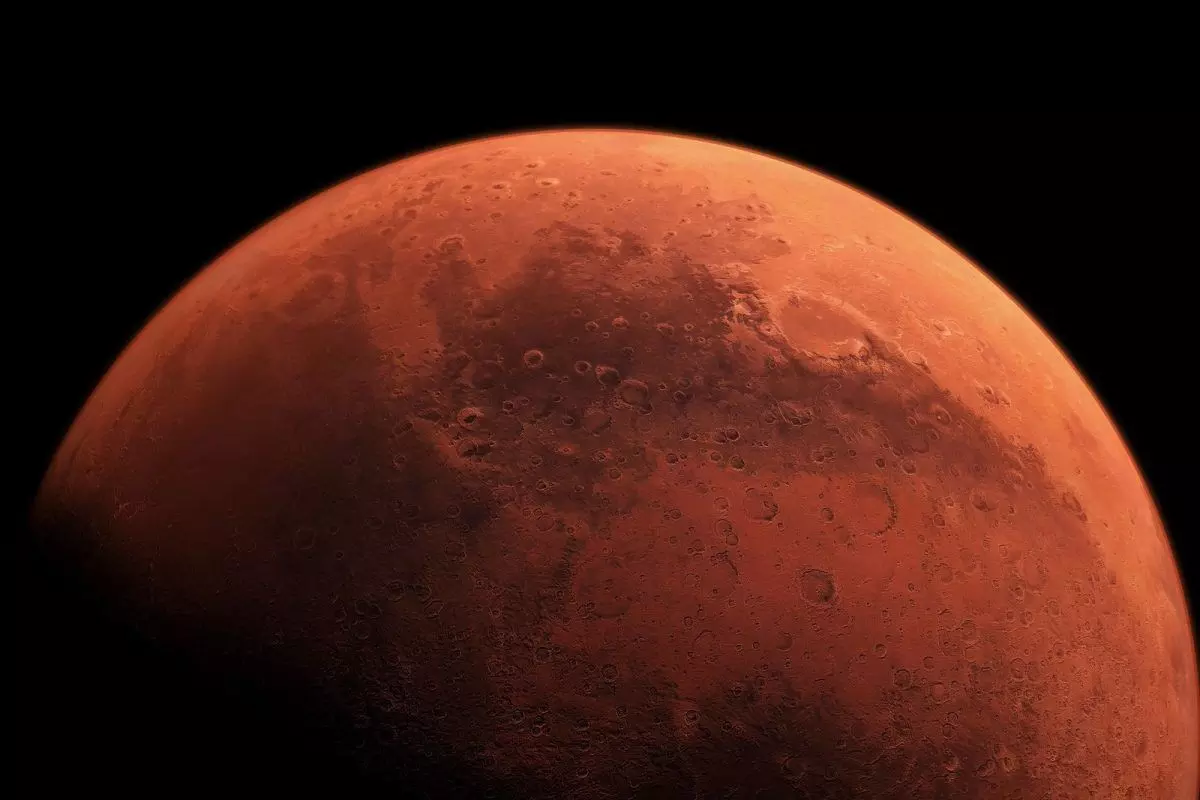
Researchers develop potato-based concrete to build structures on Mars
text_fieldsManchester: At the University of Manchester, UK, researchers claim that they have developed a potato-based substance to build structures on mars, the Red Planet. The substance, called StarCrete, is made out of a special combination of space dust, salt and potato starch, which is even able to transport heavy materials to the planet, NDTV reported.
A study has been published on the research in the journal "Open Engineering", which said that potato starch, space dust and salt would let the concrete settle into regular concrete. The substance has a comprehensive strength of about 32 Megapascals (MPa).
Space.com says that when StarCrete is mixed with faux-Martian soil, it gave 72 MPa strength, while it was mixed with simulated lunar regolith, the result was stronger, at 91 MPa.
According to the study, the researchers tested a range of binding agents before they agreed on potato starch. They had even tried human blood and urine as binding agents for the extraterrestrial concrete.
Further, researchers claimed that mixing with blood and urine also produced strengths more than traditional concrete mixtures, providing strengths of around 40 MPa. Since such mixtures require astronauts repeatedly drain their body fluids, it would not be feasible, Space.com reported.
Dr Aled Roberts, the lead researcher, said that they started testing blood because they were developing synthetic spider silk as an engineered binder. But they found that a cheap protein from cow's blood worker better, he said.
Since taking cows to space did not seem practical and astronauts would be there anyway, the researchers decided to test human blood, which has the same protein (Human Serum Albumin) as cow's blood.






















